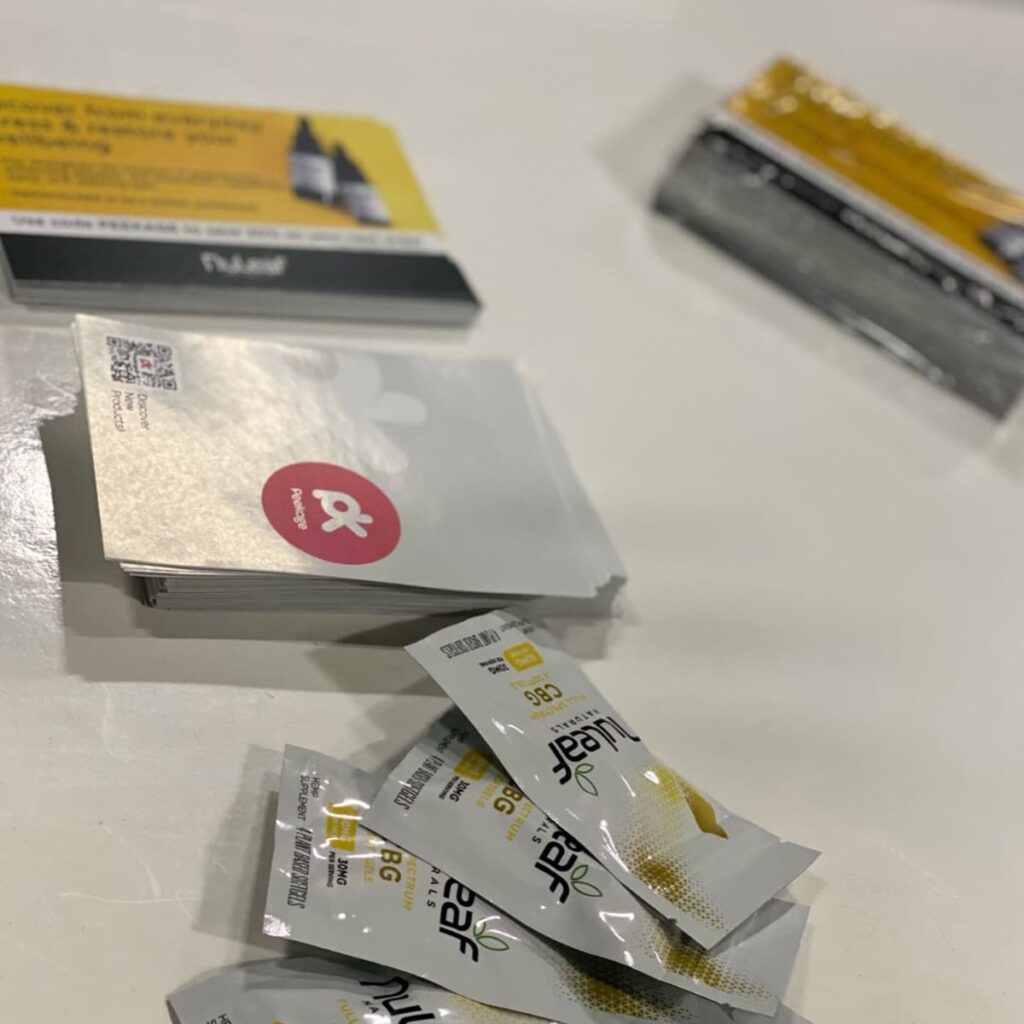Market research refers to the practice of collecting factual information about a target market and its performance until today. It answers specific business questions and is conducted on a macro level. Running market research is necessary before making any important decision for the business, and it prevents the risk of doing guesswork.
This article includes:
- A guide to writing market research questions
- A list of 40 most practical survey questions for market research
- An introduction to market research by product sampling
Also read: Differences Between Market Research and Consumer Insights Research
How to write market research questions
The first phase of designing the market research questions is to define the objectives of the research or what problem you are intending to solve. Besides, you need to decide who your target audience is.
Below there is a list of important elements to keep in mind before writing the market research questions:
- Who is your audience? In other words, design your buyer personas and define their demographic attributes. That includes age, sex, geographic location, occupation, and income, etc.
- How big is your market? Make an estimation of how many potential customers/ consumers you might have in the target locations and how much demand is out there for a product like yours.
- What do they need and what do they want? Is your product or service going to solve a problem for your audience? Is this exactly what they need?
It's important to interpret the consumers' responses in a deep, intuitive way since they might not always choose the best words, nor do they know what they really want.
- Are you welcome in this market? Make sure the market you've picked is not saturated. The more similar products there are out there, the more competition there will be for you. Because you ought to draw the consumers' attention to your product.
- How will you fix the price? You need to figure out how much a consumer is willing to pay for your product or service, how much a similar product costs, and with what pricing strategy you can beat your competitors.
- How stable is the economy in your market's location? Research about economic activities and trends in the region you're going to sell your product. It goes without saying that it makes no sense to start a business in an unstable environment.
Also read: Seven Consumer Research Methods; 2022 Version
Make a clear picture of what information you need from your market and keep it simple. In the next paragraphs, you will see a list of categorized 40 most practical questions for your next market research.
40 Important market research questions
You may choose a selection of questions below, depending on your product or service as well as the objectives of your consumer research. It is recommended that you leave the demographic questions to the last because some participants might find it uncomfortable to answer them and therefore, they are likely to give up the survey.
Here there are 40 sample questions for marketing survey.
Consumer segmentation:
- How old are you?
- Please specify your gender.
- What is your occupation?
- Please select your annual income range.
- Please select your marital status.
- Do you have any children? If yes, how many?
- What is your level of education?
- In what region/ city/ postcode area do you live?
- What activities fill up your free time?
Feedback on product:
- How often do you use this product?
- How satisfied are you with this product?
- If you could change anything about this product, what would you change?
- How likely are you to recommend this product to a friend?
- Do you prefer to buy this product online or on site?
- How would you feel/ what would you do if this product no longer existed?
- How long have you been using this product?
- Did this product meet your expectations?
Customers preferences:
- What made you choose this product?
- How do you decide to buy a product?
- How do you search for the products that you buy?
- How likely are you to buy this product from us again?
- What do you like the most/ least about this product?
- Please rate how well this product meets your needs.
- In your opinion, what's the most valuable feature of this product?
Brand awareness:
- How long have you known this brand?
- How did you hear about us/ this brand?
- Have you purchased anything from us before?
- Do you know any other brand offering the same product? How many?
- Have you seen our advertisements before? where?
- Have you recommended this brand to a friend? If not, how likely are you to do so?
- How do you feel about this brand?/ what do you think about this brand?
- How easy was it for you to try this brand for the first time?
Competition analysis:
- What brands do you consider as an alternative to us?
- How likely are you to switch to another brand in the future?
- What differentiates us from other brands?
- How would you rate our product compared to other brands?
- What do you think/ how do you feel about our prices compared to other brands?
- How would you rate our level of success in this market?
- What brand did you use to purchase from before us?
- What influenced you to switch to this brand?
Also read: Consumer Research Explained; Marketers' Edition
Market research by product sampling
If you are about to launch a new product or start a business with no previous history in the market, product trial would be a fast, efficient, and cost-effective method to conduct your market research.
Thanks to its app-based consumer database, Peekage finds you the right group to test your product and give quality feedback afterward.
Peekage gets you covered from level zero. They distribute the samples, design professional surveys, collect feedback and then deliver a detailed and data-driven report with actionable consumer insights to you.
You may be interested in: The Psychology Behind Consumer Sampling Programs
Key takeaways
- Before running market research, it's crucial to define the research objectives.
- You should design your survey questions based on some fundamental elements.
- A good consumer research survey contains questions that make the participant give direct and true answers.
- One common mistake to avoid is to place the questions in a sensible order to get the best results.
- One of the most advantageous methods to run consumer research is to run a product demo or trial.




